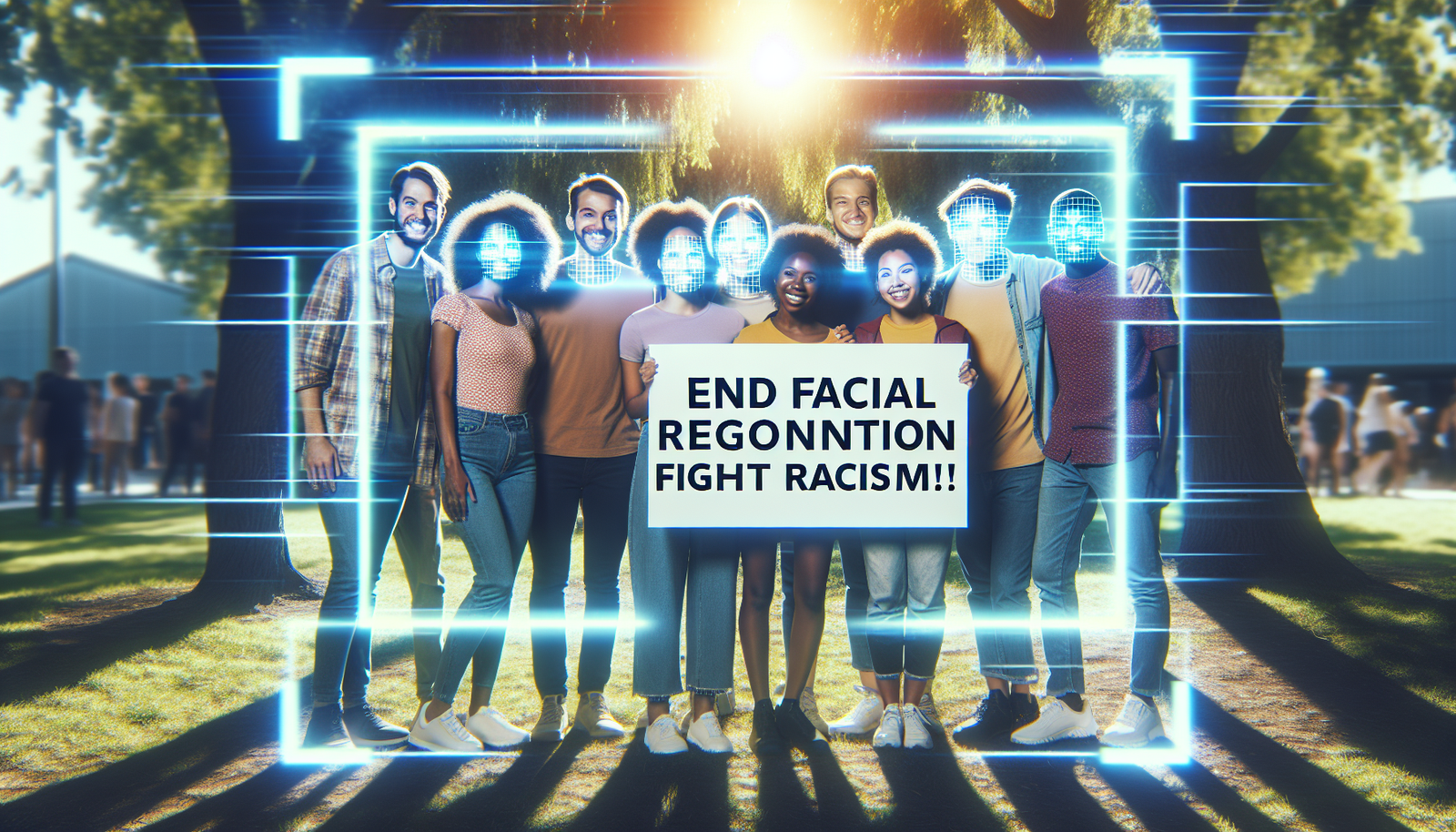IBM, an iconic technology giant, is abandoning facial recognition. This major decision comes in a context of heightened scrutiny against *racial profiling* and *violations of fundamental rights*. The company now disavows any technology that could fuel mass surveillance. This initiative aims to set an ethical precedent in innovation. In response to tragic events like the death of George Floyd, IBM shows a willingness to eradicate the racial biases inherent in this technology. The current socio-political climate prompts large corporations to question their social responsibility and to prioritize a world without discrimination.
A historic turning point for IBM
IBM has decided to stop all research and development in the field of facial recognition, a technology it once promoted. The CEO, Arvind Krishna, announced this change through a letter addressed to the U.S. Congress. This turnaround positions itself as a strong stance against uses deemed discriminatory, particularly racial profiling.
A controversial past
In 2018, IBM collaborated with the New York police to create an algorithm capable of recognizing individuals based on various criteria. This project raised serious concerns regarding racial biases, as such technologies only deepen existing inequalities. By certifying that its development was based on questionable ethical grounds, IBM is now repositioning its image.
Reaffirmed values
In his letter, Arvind Krishna states that the company will not tolerate the use of facial recognition technologies for mass surveillance. Furthermore, he emphasizes the importance of respecting individuals’ fundamental rights and freedoms. This change has been accelerated by the Black Lives Matter movement and the tragic consequences of George Floyd’s death.
Commitment to diversity
IBM had already adopted measures to minimize biases in its software. The company is committed to improving its databases to make them more representative of the global population. This desire for diversity is essential to reduce the intrinsic discriminations in these technologies. These efforts demonstrate a true commitment to avoiding racial prejudice in decision-making processes.
An alliance for regulation
In March 2020, IBM joined Microsoft and the Vatican to call for strict regulation of the use of facial recognition. This multi-stakeholder coalition aimed to push governments to regulate this type of technology that raises significant ethical questions. IBM’s position reminds us that technology must be used responsibly, thereby respecting everyone’s rights.
A signal to U.S. authorities
IBM sends a clear message to government institutions with this decision. The company is dedicated to initiating a national dialogue on the use of facial recognition by state services. This change of direction comes with an explicit request for a review of traditional surveillance methods.
Toward a new era of technological ethics
IBM is closing a controversial chapter while positioning its core values at the heart of its strategy. This renouncement of facial recognition illustrates a strong commitment against discrimination and fosters a broader debate on the societal impact of technology. The tech world now follows IBM’s example, calling for rigorous regulation and a more equitable society.
Frequently asked questions about IBM’s abandonment of facial recognition
Why did IBM decide to stop developing facial recognition?
IBM decided to end its activities in facial recognition due to concerns about the potential use of this technology for racial profiling, mass surveillance, and human rights violations.
What impact did George Floyd’s death have on this decision?
The death of George Floyd hastened IBM’s decision to abandon facial recognition, highlighting societal concerns regarding the use of this technology and its racial implications.
Is IBM the only company giving up on facial recognition?
No, IBM is not the only one. Companies and organizations worldwide have also started to reconsider or end the use of facial recognition following protests against racial discrimination.
What types of racial biases are associated with facial recognition technology?
Facial recognition systems can have racial biases due to the quality and diversity of the data used to train them, leading to errors in identifying individuals, particularly among minority groups.
What measures has IBM taken to avoid biases in its software before this decision?
Before deciding to stop developing facial recognition, IBM committed to providing tools aimed at reducing biases in its programs by working on more representative databases of the population.
Does IBM want to influence regulations on facial recognition?
Yes, IBM has expressed a desire to use its influence to initiate a national dialogue in the United States on the practices and use of facial recognition technology by law enforcement authorities.
What ethical principles does IBM wish to promote by abandoning this technology?
IBM aims to promote values of trust and transparency, firmly opposing any use of facial recognition technology that could compromise individuals’ fundamental rights and freedoms.
How might this decision affect the facial recognition technology market?
This decision may encourage other companies to reconsider their use of facial recognition and could also strengthen calls for increased regulation of its use, particularly in sensitive areas related to human rights.






